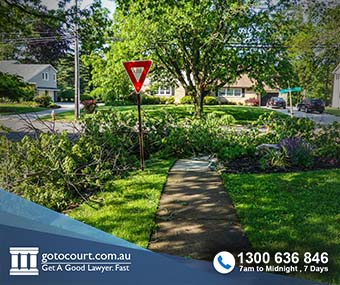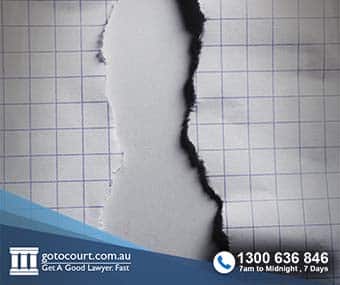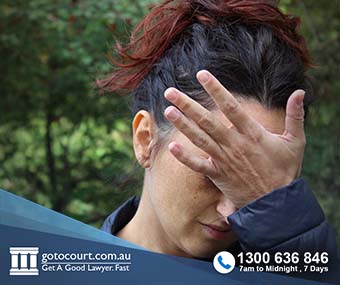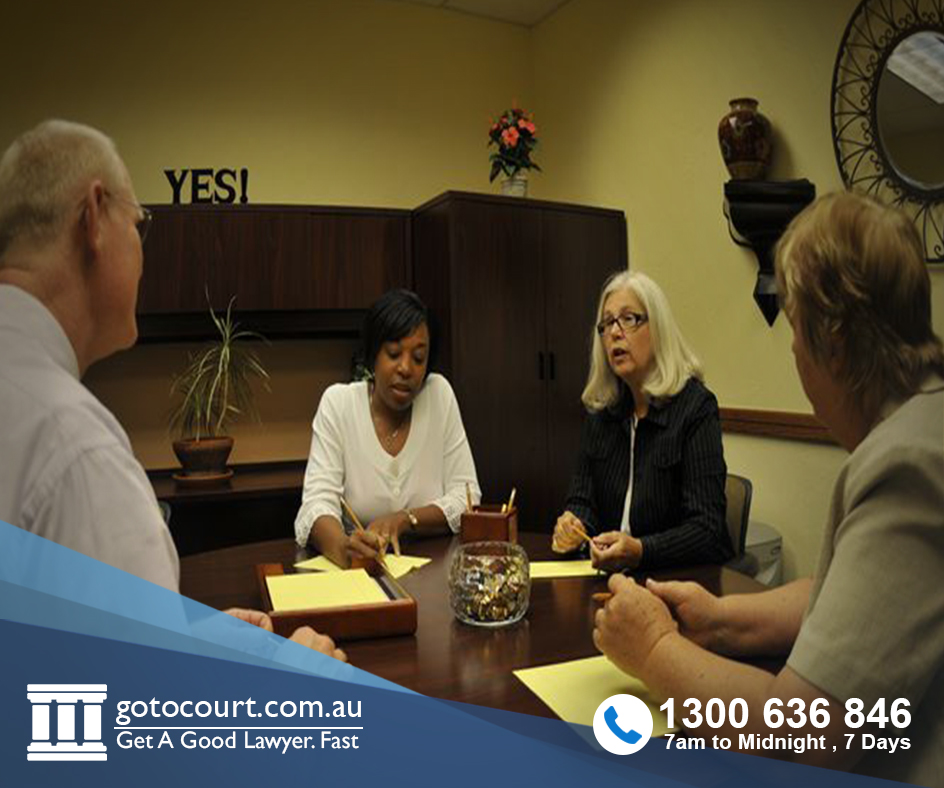Call our lawyers
now
or,
have our lawyers
call you
Legal Professional Negligence (WA)
Updated on Dec 14, 2022 • 5 min read • 284 views • Copy Link
Legal Professional Negligence (WA)
A person can be found guilty of the tort of negligence in a range of contexts. Any person who does something that could affect someone else has a duty of care to the other person. The level of care owed to the other person depends on the situation. Negligence can occur in a professional setting or in the ordinary course of life, such as when a person drives a car and injures someone. This article will focus on legal professional negligence.
What is negligence?
The 1932 case of Donoghue v Stevenson set down the foundation for the law of negligence in Australia. To be successful in an action of negligence a complainant, otherwise known as the plaintiff, must establish that four elements exist. These four elements are:
- The defendant had a duty to take reasonable care;
- The defendant did an act, or made a culpable omission, and as a result breached that duty of care;
- As a result of the defendant’s act, or omission, the plaintiff suffered some form of injury or damage (financial or otherwise); and
- The damages the plaintiff suffered were a reasonably foreseeable consequence of the defendant’s act or omission.
Legal professional negligence
A legal practitioner must exercise due care and diligence whilst balancing their legal, ethical and moral duties towards the courts, their clients and the wider community. A legal practitioner who fails to properly facilitate the administration of justice, and who fails to properly discharge their duties towards a client, may be found to have been negligent. Forms of negligence where the act of a legal practitioner goes beyond that of “mere carelessness” may be found to amount to either unsatisfactory professional conduct or professional misconduct.
Unsatisfactory professional conduct
Section 402 of the Legal Profession Act 2008 (WA) sets out what constitutes unsatisfactory professional conduct. It states that unsatisfactory professional conduct includes “conduct of an Australian Legal Practitioner occurring in connection with the practice of law that falls short of the standard of competence and diligence that a member of the public is entitled to expect of a reasonably competent Australian legal practitioner”.
The behaviours which constitute unsatisfactory professional conduct are less serious than those which constitute professional misconduct.
Professional misconduct
Section 403 of the Legal Profession Act sets out what constitutes professional misconduct. It states that professional misconduct includes “unsatisfactory professional conduct of an Australian Legal practitioner, where the conduct involves a substantial or consistent failure to reach or maintain a reasonable standard of competence and diligence”.
If a client can establish that the above elements exist, then it is likely that it will be found that the particular legal practitioner in question is not a fit and proper person to engage in legal practice and the proper administration of justice. However, it will not necessarily lead to a successful claim of negligence.
Claims of legal professional negligence
If a client feels a legal practitioner has been negligent, they can lodge a written complaint to the Legal Practice Complaints Committee and/or seek to have the matter dealt with by the State Administrative Tribunal.
Section 438 of the Legal Profession Act sets out the jurisdiction of the State Administrative Tribunal to make a finding that a legal practitioner has engaged in either unsatisfactory professional conduct or professional misconduct. A complaint can lead to disciplinary action being taken against the legal practitioner. However, only in rare cases will it lead to an action in legal professional negligence.
Plaintiffs who wish to take action against legal practitioners for legal professional negligence and who seek some form of financial compensation must take separate, and private, action through the courts. This action will fall within the civil jurisdiction of the courts. Complainants should be aware that bringing an action for negligence through the courts will often be expensive and time-consuming. Where a claim for professional negligence is successful it will lead to a court awarding the claimant, or plaintiff, a sum of damages to compensate them for the losses he or she has sustained as a result of the negligent actions of a legal practitioner.
Conclusion
Negligence is an action derived from the common law and has four elements. A complainant will need to establish that a legal practitioner had a duty of care, that legal practitioner breached that duty of care by engaging in some form of deliberate act or omission, that the client suffered some form of injury or damage (financial or otherwise) as a result of that act or omission and that it was reasonably foreseeable that as a result of that act or omission that person would suffer damage or injury.
In order for an action for legal professional negligence to be successful each of the above elements will need to exist and be proven. The courts will award a plaintiff damages where he or she is successful in his or her application. Where a client feels a legal practitioner has been negligent in discharging his or her duties to the client that client can lodge a complaint to the Legal Practice Complaints Committee or have further action taken through the State Administrative Tribunal. Often this course of action will lead to a legal practitioner being subject to some form of disciplinary action for either Unsatisfactory professional conduct or professional misconduct. Unsatisfactory professional misconduct is the less serious of the two forms but can still in rare cases give rise to an action in negligence.
If you require legal advice or representation in any legal matter, please contact Go To Court Lawyers.

Affordable Lawyers
Our Go To Court Lawyers will assist you in all areas of law. We specialise in providing legal advice urgently – at the time when you need it most. If you need a lawyer right now, today, we can help you – no matter where you are in Australia.How It Works







1. You speak directly to a lawyer
When you call the Go To Court Legal Hotline, you will be connected directly to a lawyer, every time.


2. Get your legal situation assessed
We determine the best way forward in your legal matter, free of charge. If you want to go ahead and book a face-to-face appointment, we will connect you with a specialist in your local area.


3. We arrange everything as needed
If you want to go ahead and book a fact-to-face appointment, we will connect you with a specialist in your local area no matter where you are and even at very short notice.

















